TikTok faces major legal challenge

09:55 15/09/2024

6 phút đọc
Next week, a court will consider arguments about whether the US government can ban TikTok, based on evidence it doesn’t want anyone — including the social media company — to see.
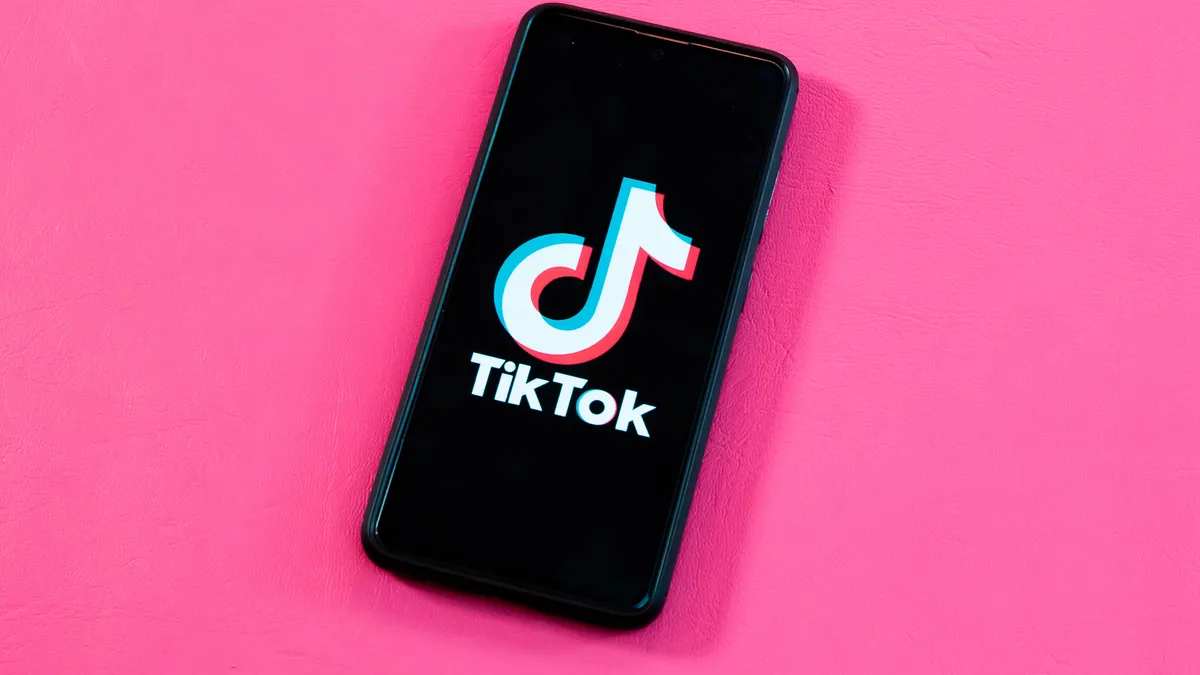
On September 16, the Court of Appeals for the District of Columbia Circuit will hear oral arguments in TikTok v. Garland, TikTok’s First Amendment challenge to a law it argues amounts to a ban. It’s not just a fight over free speech rights, but also whether the Justice Department can bring a case with classified documents that its opponents can’t review or debate. The government argues that TikTok is a clear national security threat but says revealing its reasoning would be a threat as well.
“I think the courts are going to tread very carefully here,” Matt Schettenhelm, a senior litigation analyst at Bloomberg Intelligence who specializes in technology and telecommunications, told The Verge. “Especially in a First Amendment case like this, where you’re actually banning one of our premier platforms for free speech in this country, the idea that you would do that for secret reasons that you didn’t even tell the company itself, that’s going to be cause for concern for the judges.”
Justice Department’s lawsuit against TikTok
TikTok’s lawsuit stems from a law signed by President Joe Biden in April. The law requires TikTok’s parent company, ByteDance, to divest it within nine months to a non-Chinese company; otherwise, the app will be effectively banned in the United States — unless the president grants it a few months to complete a deal. TikTok has argued that the law would illegally “force a shutdown,” accusing the government of “taking the unprecedented step of singling out and banning TikTok.”
In filings first filed on July 28, the government laid out its defense, making a series of claims about TikTok’s risks. The claims are based on dozens of pages of redacted, classified documents. The Justice Department insists it is not “attempting to litigate in secret,” but, citing national security concerns, it has requested that the documents be filed with an exception, meaning only one party (and a panel of judges) will be able to see them.
Obviously we don’t know exactly what’s in these documents, but the partially redacted filings give us some clues. They focus largely on the possibility that the Chinese government could force ByteDance to hand over US user data — or that it could force the company to use TikTok’s algorithms to push specific content to US users.
The government argues that the national security risks posed by TikTok are so substantial that they override First Amendment claims. The Justice Department said Congress decided to ban TikTok based on “extensive information — including substantial classified information — about the national security risks” of allowing TikTok to continue operating in the United States.
One of the documents is a statement from Casey Blackburn, an assistant director of national intelligence. Blackburn wrote that there is “no information” to suggest that the Chinese government has used TikTok for “malicious foreign influence targeting Americans” or “collecting sensitive data on Americans.” But he said there is a “risk” that this could happen in the future.
Another statement came from Kevin Vorndran, an assistant director of the FBI’s counterintelligence division. Vorndran detailed the possibility that TikTok could be a “hybrid commercial threat”: a business whose legitimate operations act as a backdoor through which foreign governments can access US data, infrastructure, and technology. He claimed that the Chinese government is using “preemptive positioning tactics” as part of a “broader geopolitical and long-term strategy to undermine US national security.” The government claimed that these efforts “take years of planning and execution.”
In other words, the government is arguing that even if China isn’t already surveilling TikTok’s U.S. users, it could. It’s particularly concerned about TikTok’s ability to access users’ contacts, locations, and other data, which it says could allow the Chinese government to spy on Americans. The Justice Department notes that researchers can easily identify individuals using anonymized data packets, making “anonymized” data anything but.
The filings argue that TikTok’s recommendation algorithm could also be used to influence U.S. users. TikTok’s “warming” feature allows employees to “manually boost certain content,” possibly at the direction of the Chinese government. Lawmakers from both parties have accused TikTok of promoting content critical of Israel. In a separate meeting with the No Labels group, Rep. Mike Lawler (R-NY) suggested that campus protests against the Israel-Hamas war were evidence that students were being “manipulated by some group or entity or country.” And Rep. Raja Krishnamoorthi (D-IL), a senior member of the House Select Committee on the Chinese Communist Party, told The New York Times in April that the Israel-Hamas war was a factor in lawmakers’ eagerness to regulate TikTok.
The hardest evidence for any of this, however, is not public. Blackburn’s statement includes an eight-page section titled “ByteDance and TikTok’s History of Censorship and Content Manipulation Under PRC Guidance,” for example, but it is almost entirely redacted.
The Justice Department filings also reveal—and simultaneously conceal—the lengthy, extensive negotiations that preceded the ban. Executives from ByteDance and TikTok met with representatives from several agencies starting in August 2022 to discuss ways to address security concerns without divesting. By March 2023, the government believed divesting was the only option. And in February 2024, Congress began holding briefings on its potential threats.
February 15, 2024: House Homeland Security Committee briefing March 7, 2024: House Energy and Commerce Committee full hearing March 12, 2024: Classified briefing for all members of the House March 20, 2024: Classified briefing for the Senate Select Committee on Intelligence and the Senate Committee on Commerce, Science, and Technology During these hearings, lawmakers discussed the threats that China poses to U.S. national security, the formal and informal controls the Chinese government imposes on companies that do business there, and the specifics of China’s control over ByteDance.
But the transcripts of the hearing were largely edited — including a section discussing another unknown issue. “We never see what lawmakers actually decided or what actually motivated their decision,” Schettenhelm said. “There’s a missing piece here: How real a threat do lawmakers see this as, and why do they need to take this extreme step instead of less severe measures?”
TikTok protests government decision
TikTok claims the government has made false claims about what data TikTok stores and where it stores it. TikTok claims it does not store users’ precise locations and that information from users’ contact lists is “automatically anonymized” and “cannot be used to recover the original contact information” of people who do not use TikTok. TikTok says that contrary to its claims that TikTok’s anonymized data is not anonymous, the proposed settlement requires anonymization tools “commonly used by the U.S. government to protect sensitive data.”
The company also denied that the Chinese government had access to American user data or had any influence on TikTok’s algorithms. TikTok said that American user data and its “American recommendation engine” were stored in the United States with Oracle, thanks to a $1.5 billion separation effort called Project Texas. However, reports have shown that TikTok employees in the United States continued to report to ByteDance executives in Beijing after the plan was implemented, with one former employee describing the effort as “mostly a formality.”
Still, TikTok says the government’s claims about TikTok’s operations are largely false. TikTok says the government ignored TikTok’s detailed, comprehensive plan to address national security concerns — and that the information provided by the Justice Department doesn’t support why TikTok should be banned.
Schettenhelm, the Bloomberg Intelligence legal expert, said Congress’s decision to single out a single company is unique. TikTok argues it’s also illegal. The Constitution prohibits so-called “injunctive law,” which criticizes an individual or company without due process. The law bans social media sites and apps controlled by “foreign adversaries” that meet certain criteria—including having more than 1 million monthly active users and allowing users to create content—but TikTok is the only company mentioned by name. The court will have to decide who’s right.
“The government never really explained why TikTok had to follow that different process, and I think when you do something that unique, especially when the First Amendment is at stake, I think the courts are going to want to see more of a justification,” Schettenhelm said.
TikTok’s uncertain future
A decision is likely to come in December, where the court could either uphold the law’s constitutionality or block its implementation. But that wouldn’t necessarily end the case. If the court rules in favor of the government and upholds the law, TikTok has several avenues to appeal, Schettenhelm told The Verge. TikTok could ask for an en banc decision, in which all judges in the D.C. District Court review the decision. TikTok could also appeal the case and ask the Supreme Court to overturn the decision.
But Schettenhelm predicted that the court could block the law from being implemented because it cannot determine whether it is constitutional. “I think that would probably send it back to Congress, and Congress could give it another shot,” Schettenhelm said. “Congress would have to pass a second bill and the president would have to sign it.”
Given that the original bill passed with overwhelming bipartisan support, a follow-up bill could easily pass. But the outcome of the election could determine whether the law is enacted. Former President Donald Trump—who previously tried to ban TikTok—said in March that he now opposes efforts to ban the app.
If the court rules against TikTok, the clock will continue to count down to TikTok’s divestment day — when one of the largest social media platforms in the US could disappear.
Từ khoá:
Bài viết liên quan
Palm Mini 2 Ultra: Máy tính bảng mini cho game thủ
Robot with smart grip
NASA’s goal of conquering the Sun
Apple launches a new feature that makes it easier to use your phone while sitting on vehicle
Google Photos launches smart search feature “Ask for photos”
Roku streams live MLB baseball games for free
Gun detection AI technology company uses Disney to successfully persuade New York
Hackers claim to have collected 49 million Dell customer addresses before the company discovered the breach
Thai food delivery app Line Man Wongnai plans to IPO in Thailand and the US in 2025
Google pioneered the development of the first social networking application for Android
AI outperforms humans in gaming: Altera receives investment from Eric Schmidt
TikTok automatically labels AI content from platforms like DALL·E 3
Dell’s data was hacked, revealing customers’ home address information
Cracking passwords using Brute Force takes more time, but don’t rejoice!
US lawsuit against Apple: What will happen to iPhone and Android?
The UAE will likely help fund OpenAI’s self-produced chips
AI-composed blues music lacks human flair and rhythm
iOS 17: iPhone is safer with anti-theft feature
Samsung launches 2024 OLED TV with the highlight of breakthrough anti-glare technology

REGISTER
TODAY
Sign up to get the inside scoop on today's biggest stories in markets, technology delivered daily.
By clicking “Sign Up”, you accept our Terms of Service and Privacy Policy. You can opt out at any time.



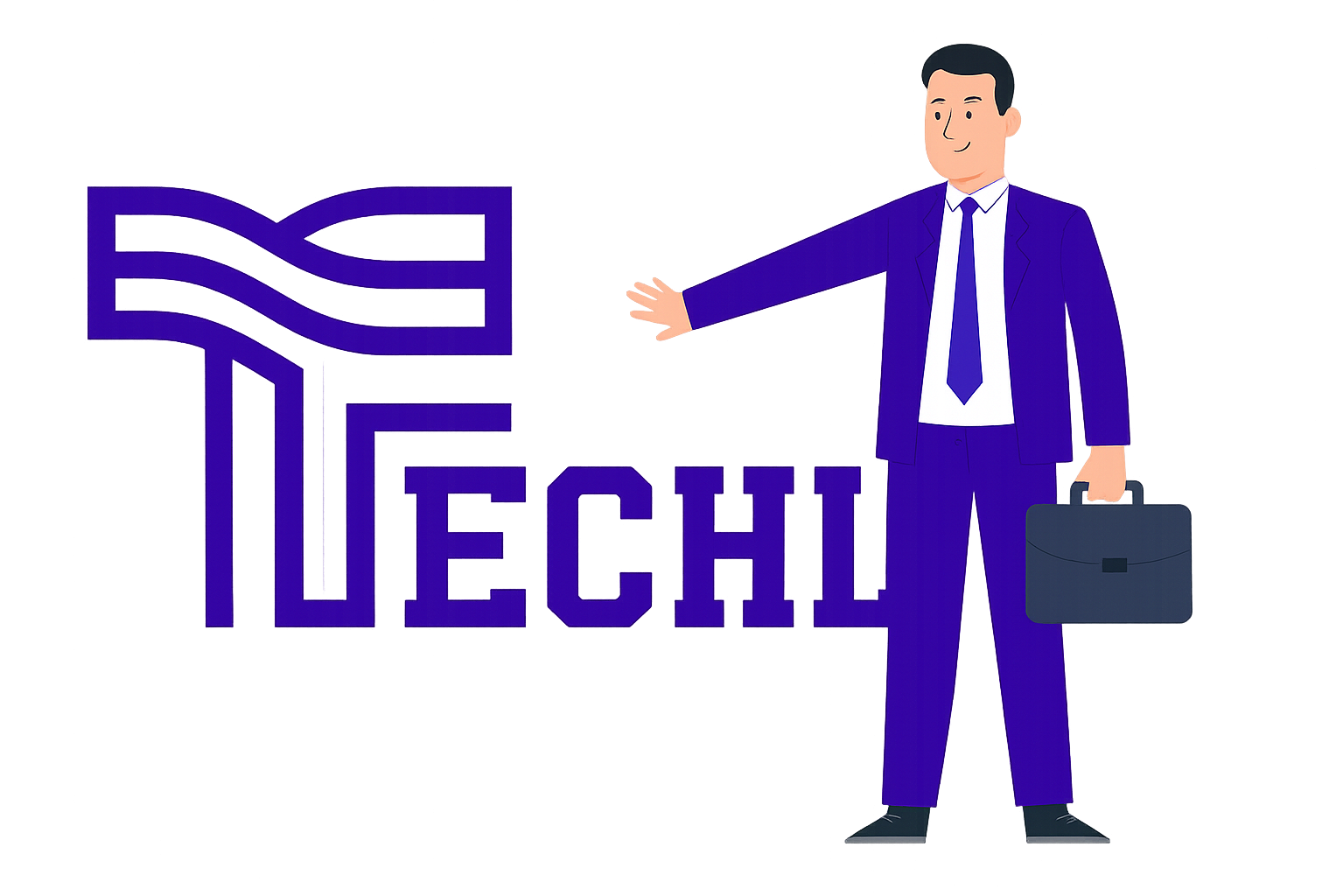







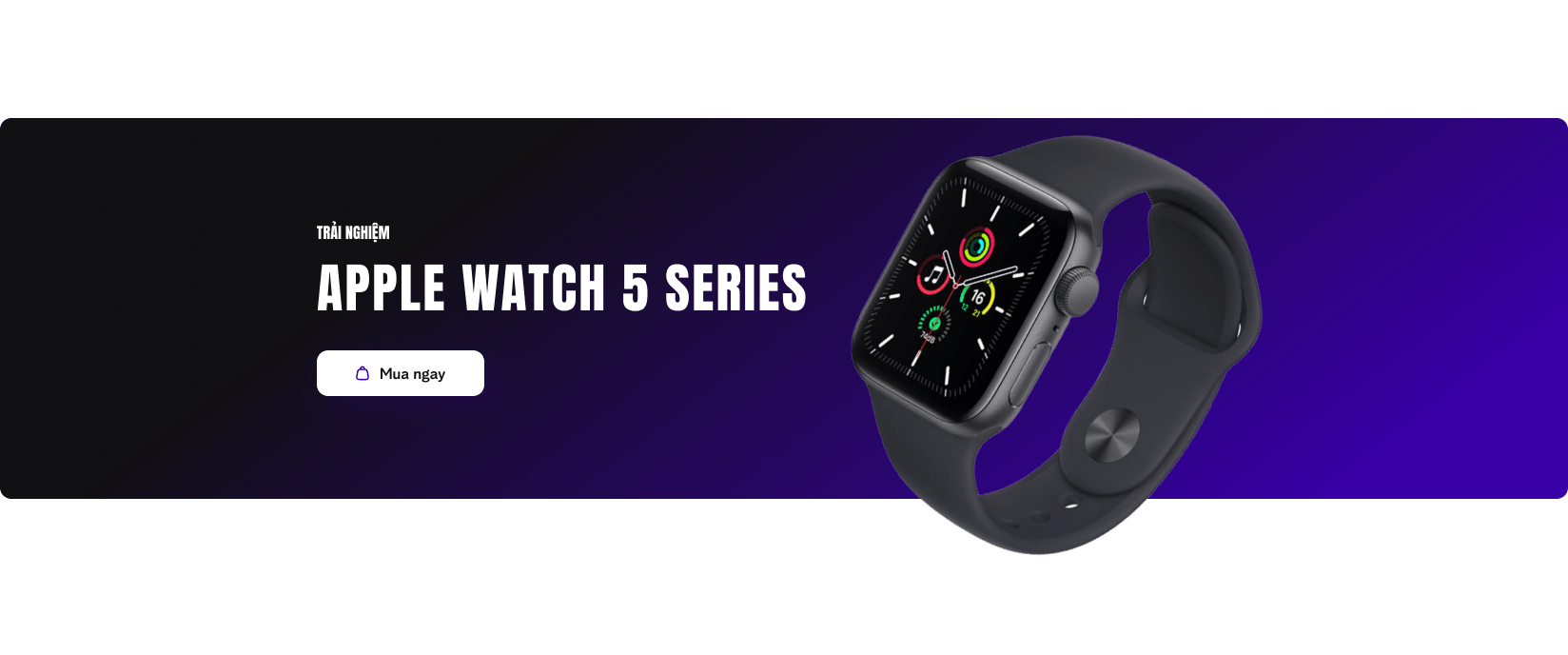

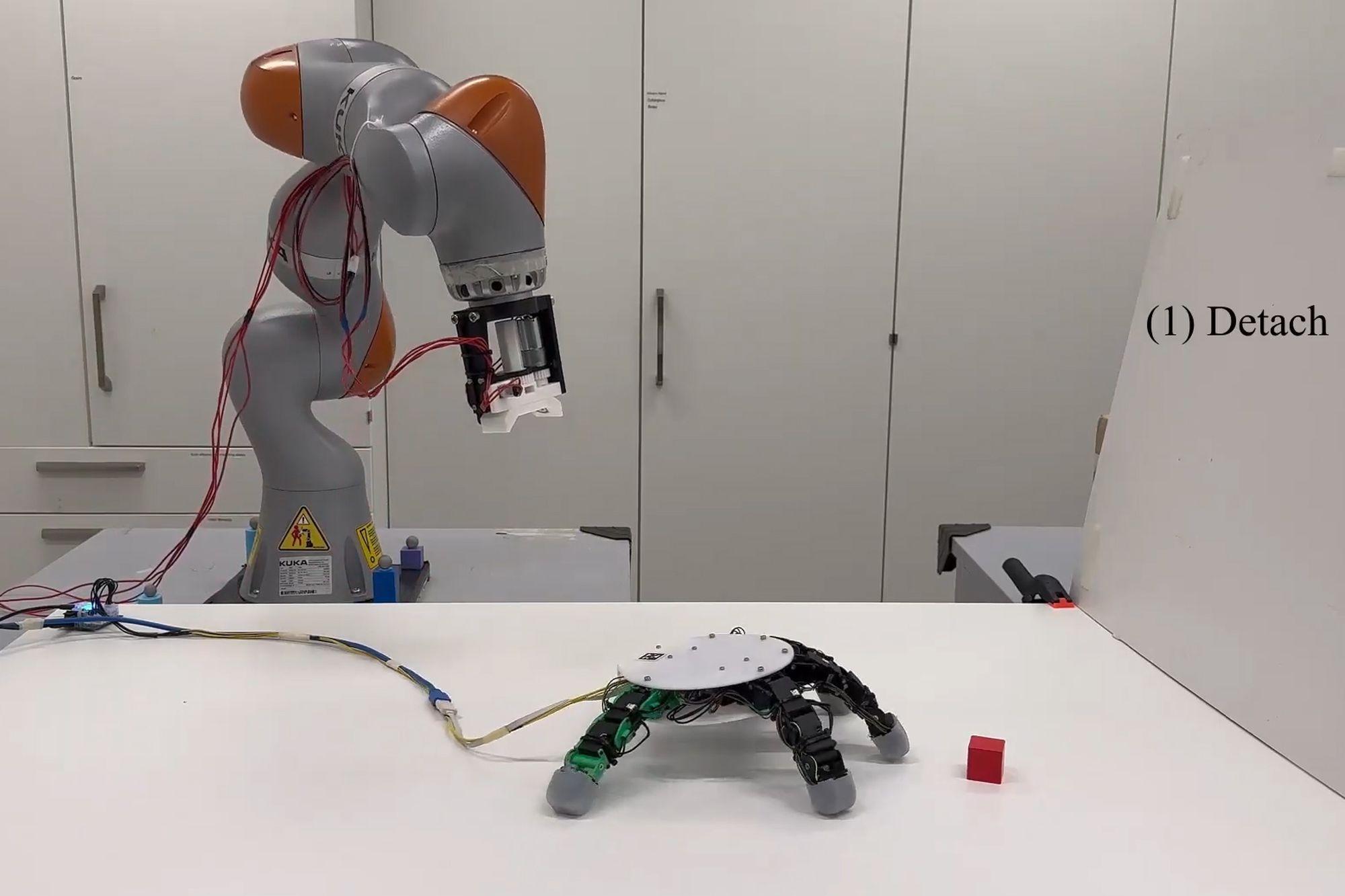

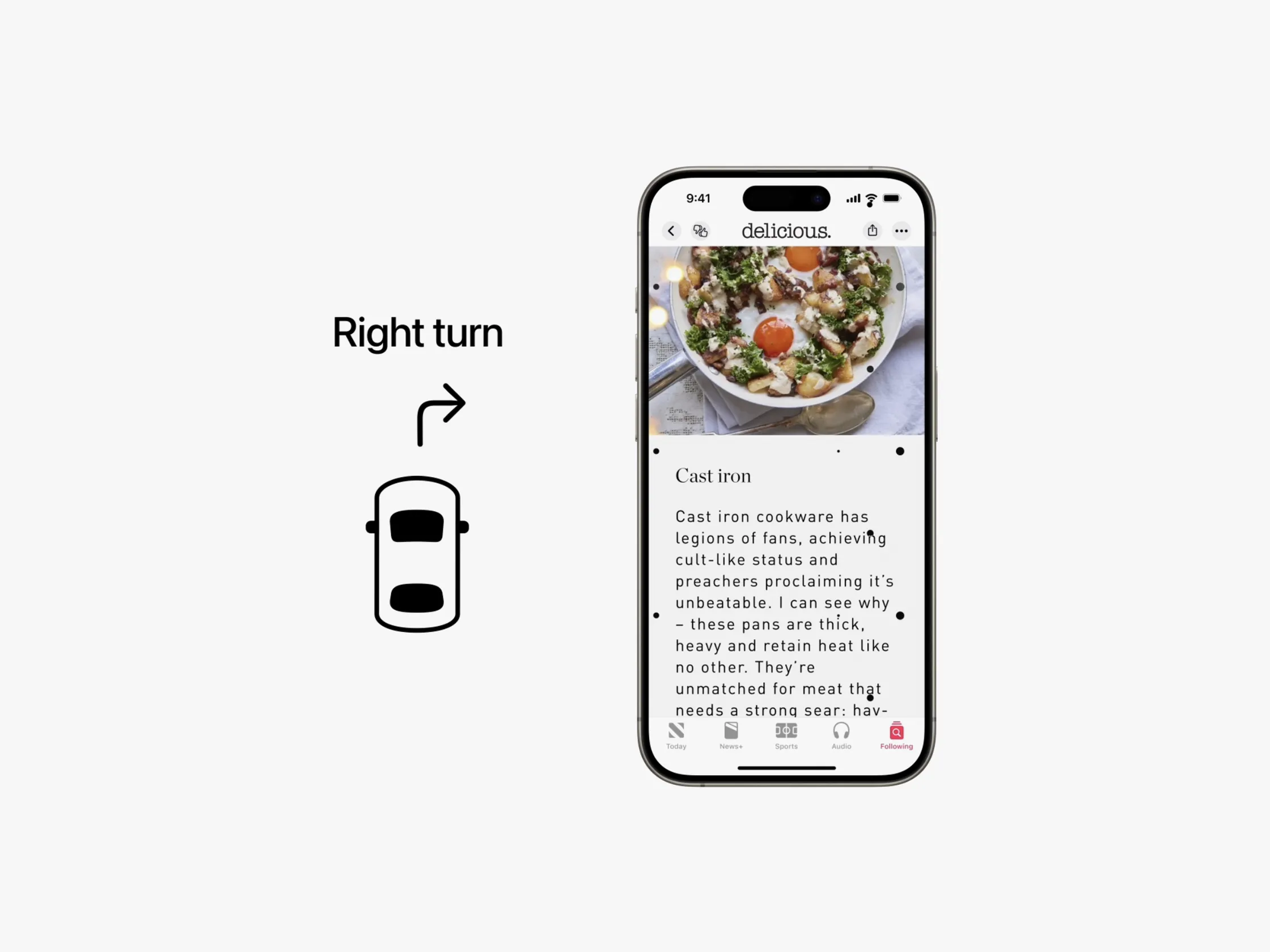
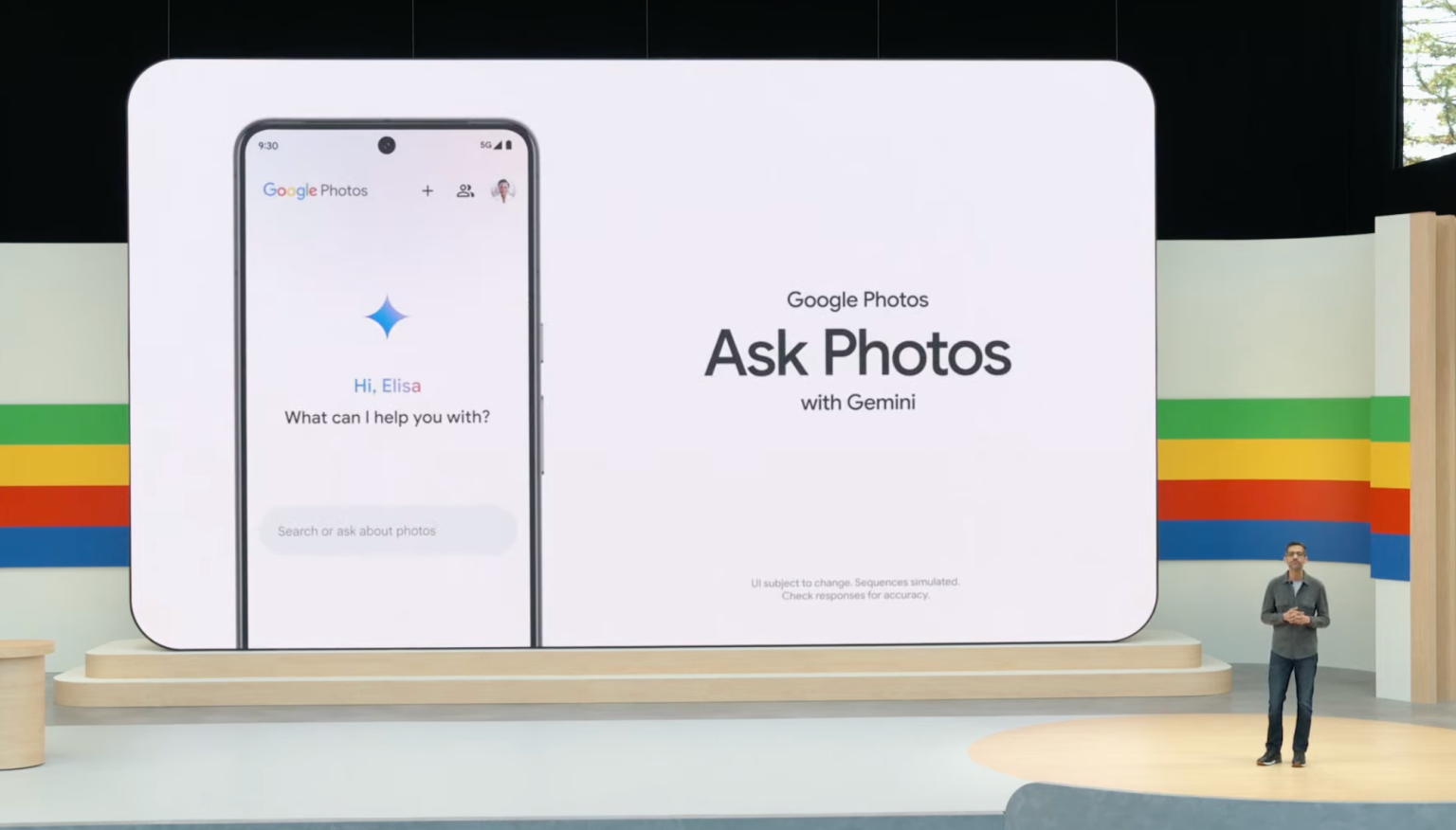


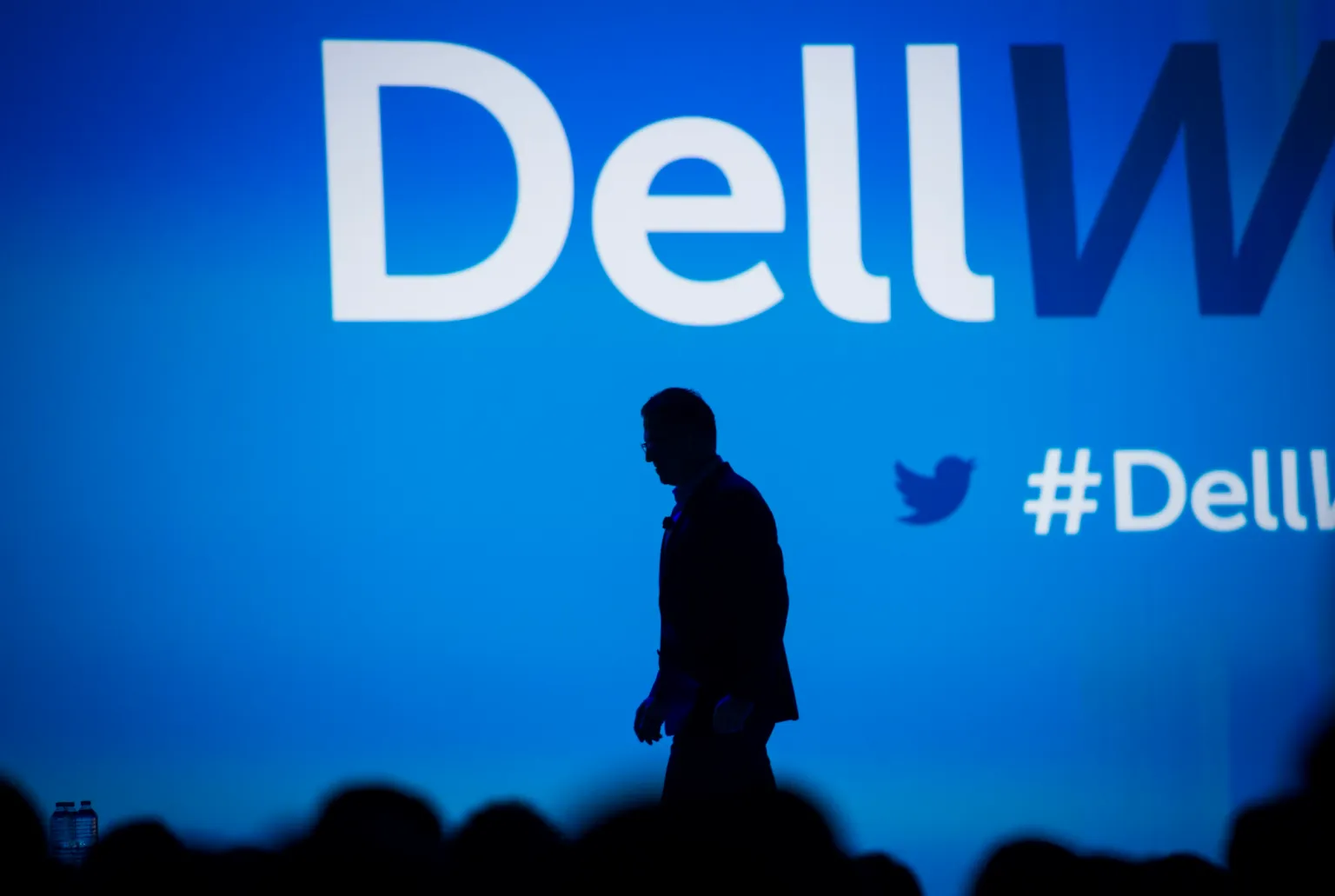

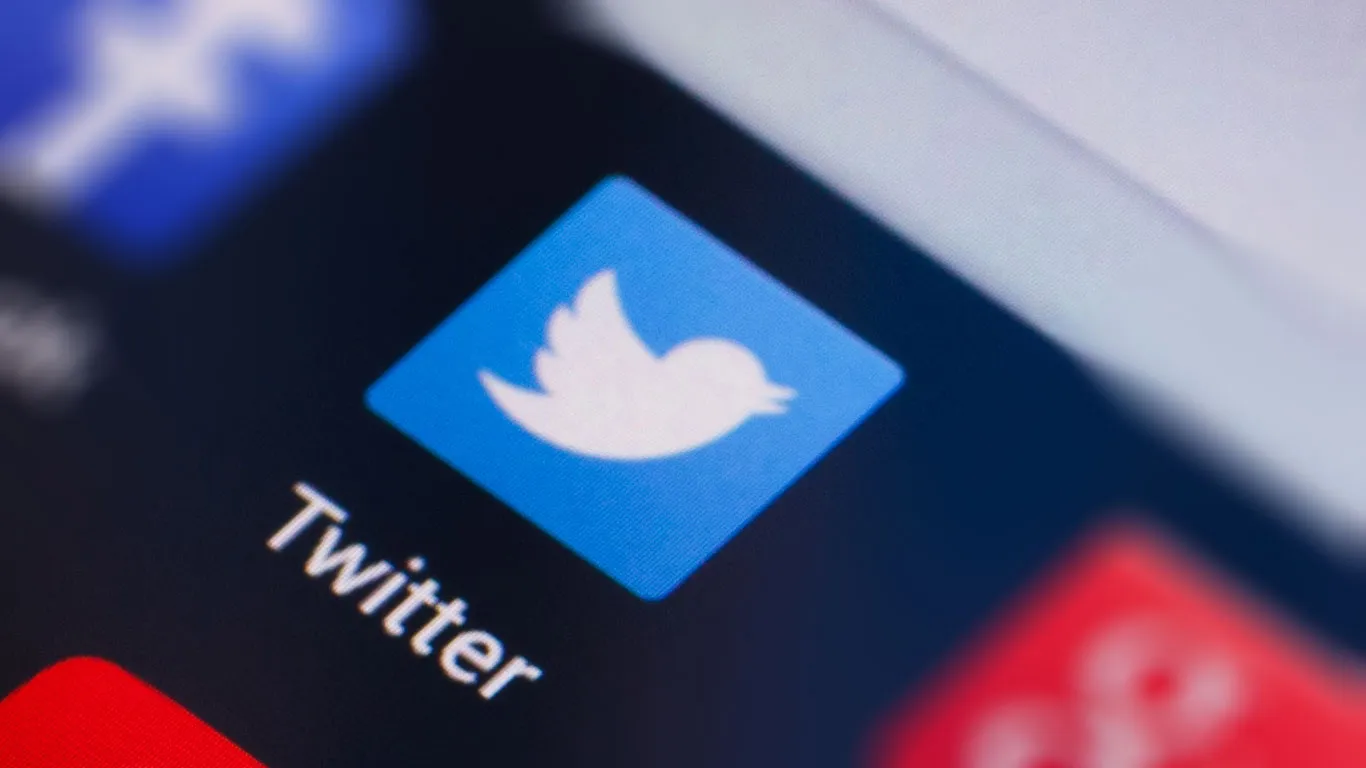

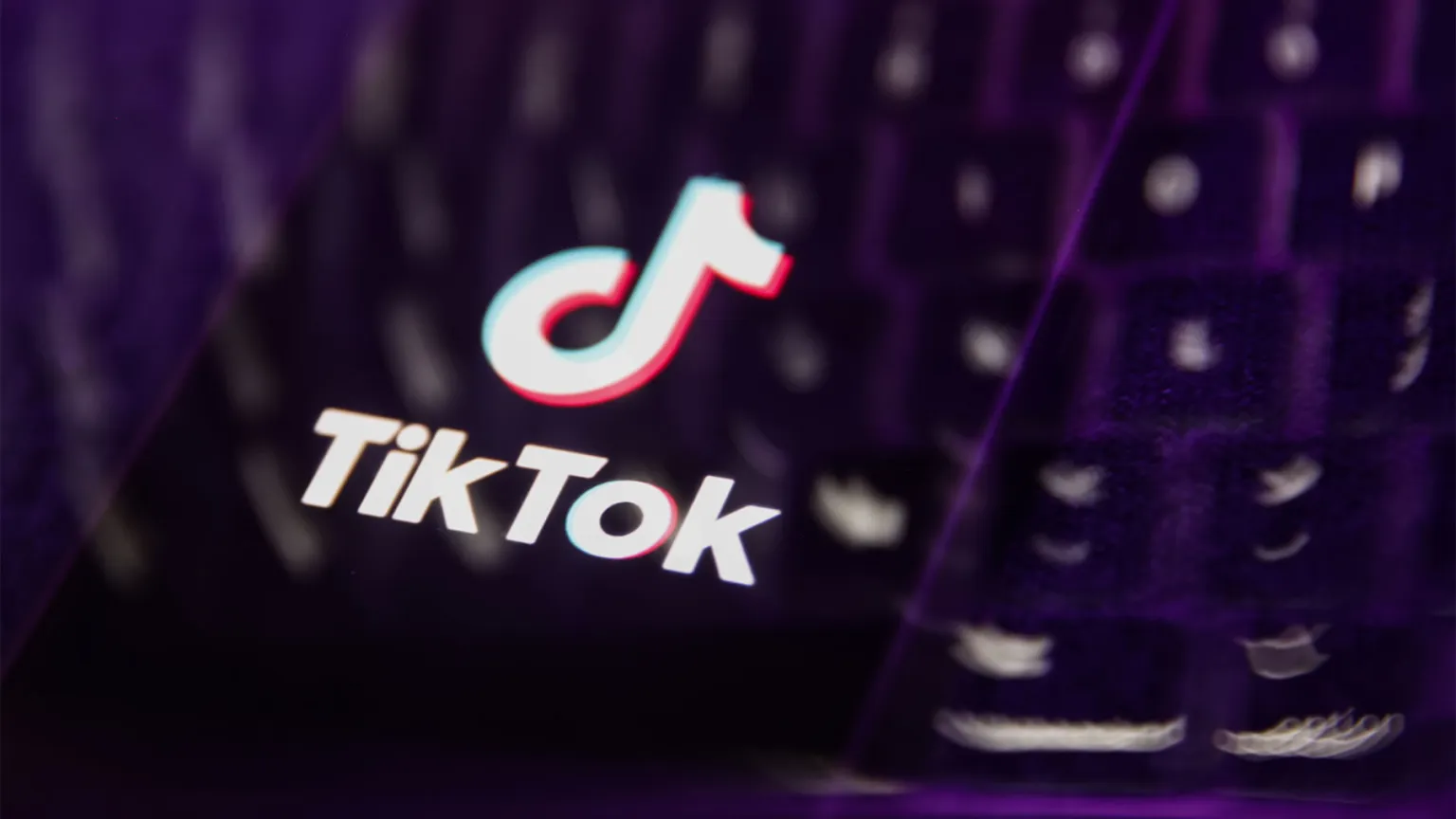
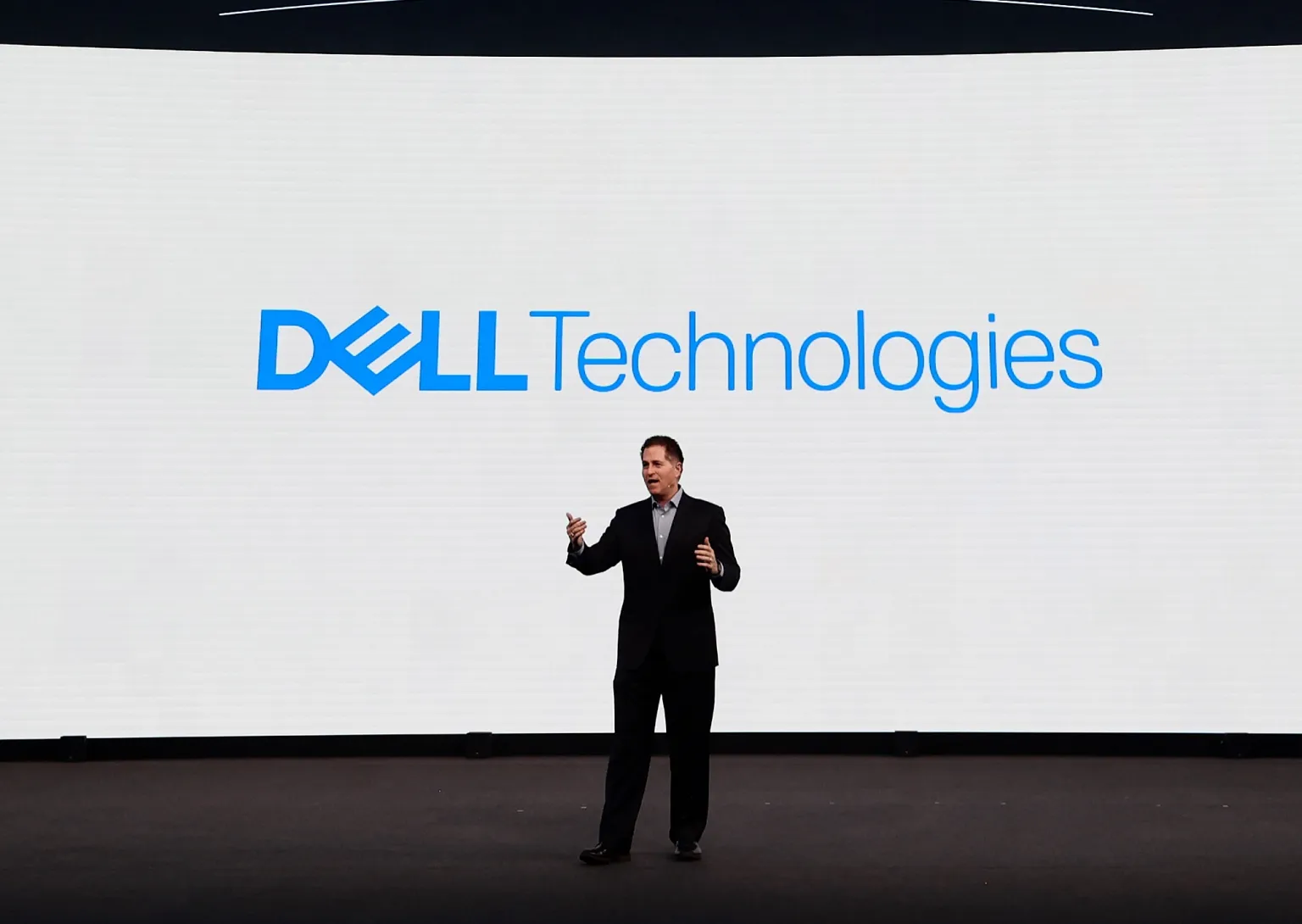

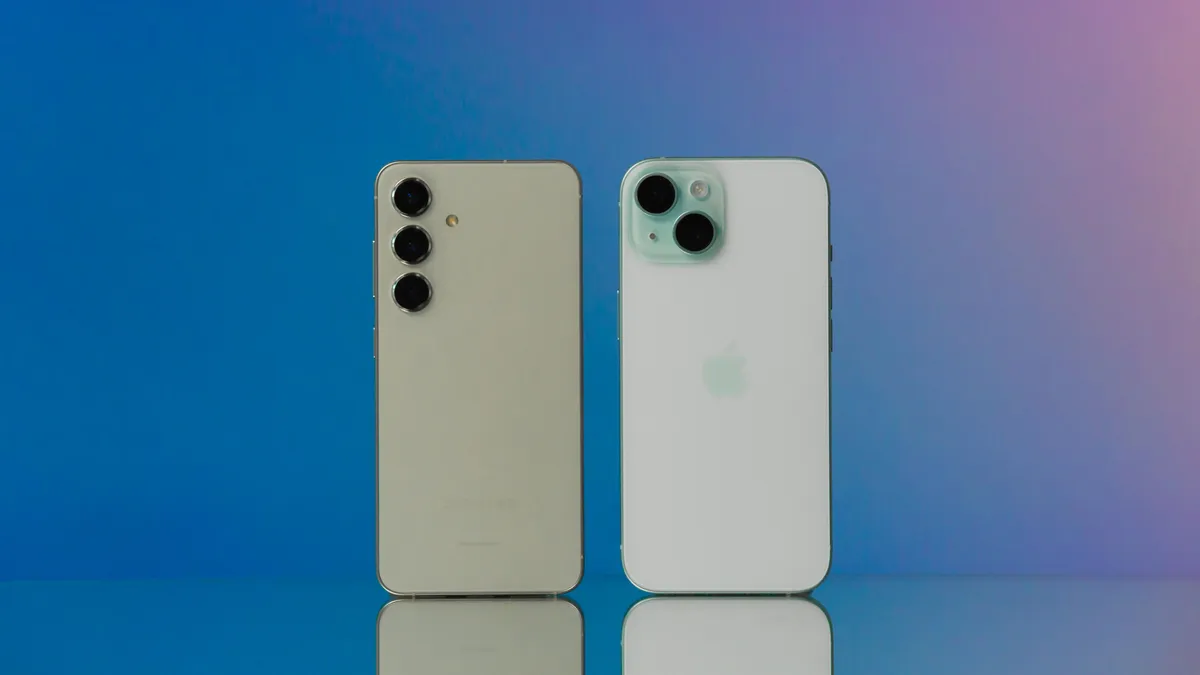


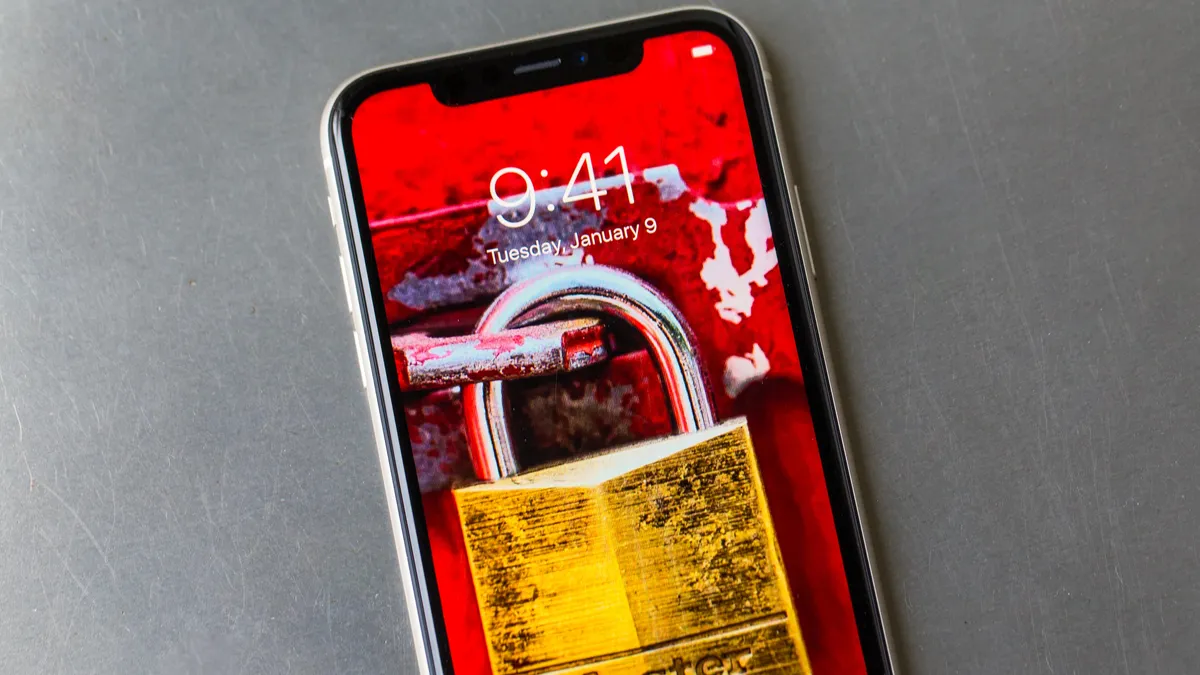
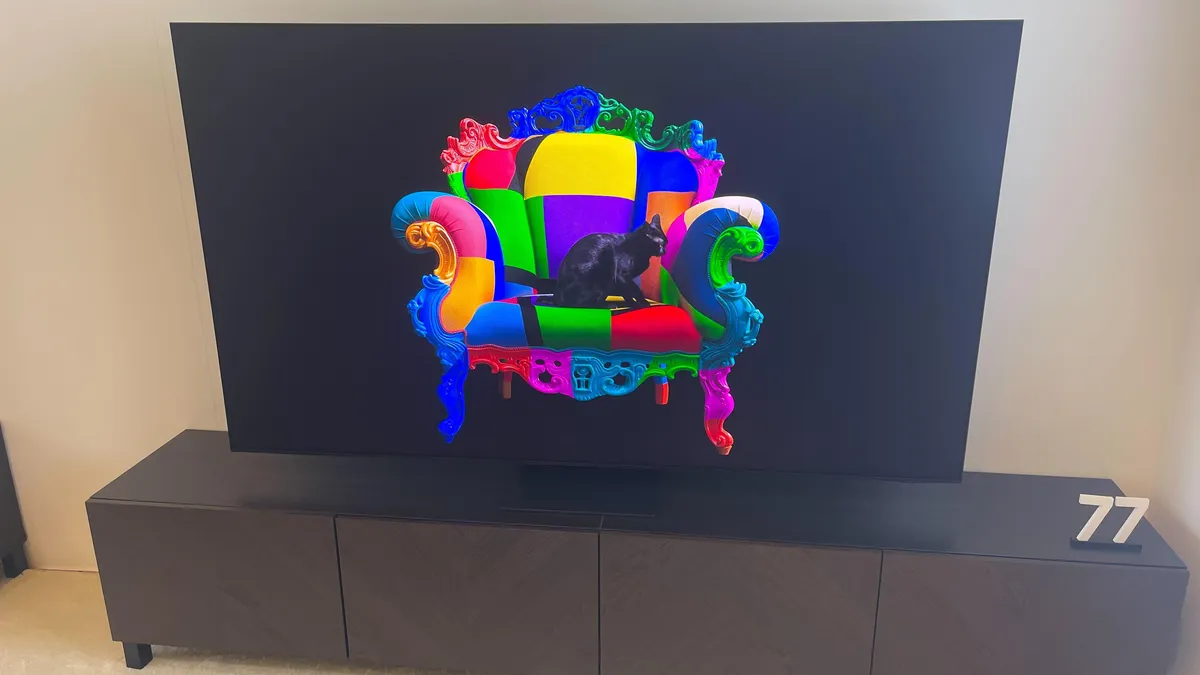

Nhận xét (0)